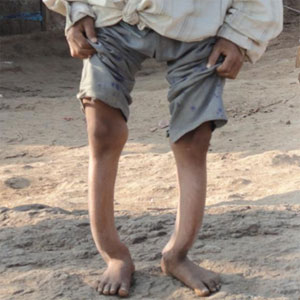Welcome to my series on co-addiction and responding to our times. The first post in this series chronicles my journey into recovery from family addiction and how the tools from that recovery have come to inform my response to politics, activism, and productive action. Thank you for reading along as I explore and reflect.
As we’ve moved forward after inauguration day there have been many groups and individuals who have been allowing their voices to be heard through protest, governmental podiums, marches, lawsuits, and other platforms. We each have our own circle of impact, and our own lists of things that we do and do not have control over.
It is in these times that each of us has the responsibility to decide for ourselves which actions we might or might not take. This is the challenge I’m writing about today.
When dealing with the addiction, dysfunction, or destructive behaviors of another it is natural to react with frustration, anger, and often hopelessness. Their behaviors can be harming us and are often harming those more vulnerable than ourselves whom we wish to protect. This situation sets the stage for the co-addictive disease to draw us in. With all our focus on the destructive behavior of the addict we fall into the trap of believing that we must convince the addict to see our side before the situation will improve.
However, co-addiction recovery programs, as well as my own experience, are very clear on this. If we are waiting for the other side to change before improving our situation then we have given away ownership of our own wellbeing, and the only to regain ownership of our wellbeing at this point is to admit our own part in the situation. We are in an abusive relationship, and we are afraid to leave. We have become dependent upon the abuser. In many situations this is not our own fault. We may even have been born into the situation, but at some point it becomes our responsibility to take ownership of our happiness, whether the abuser agrees with us or not.
Many of us have spent much time arguing with those caught in the disease, and trying to convince them that they are hurting themselves and others. It is through this argument though that we turn our power over to the disease. The disease, at it’s core, seeks only to spread itself, and is separate from logical argument. It feeds off our engagement with it and our dependence on it, so our need to win it over to our reality is one of it’s food sources, and the further invested we are in the argument the more control it has. Also, through its bullying tactics, when we engage, the disease attempts to undermine our reality and convince us that the abuse is normal, deserved, our own fault, or that it’s not really happening. Our attention unknowingly becomes focused on gathering evidence strong enough to convince the abuser, and ourselves, that we are right. This becomes a distraction that is clear to outsiders. It’s a distraction from the more important, yet difficult, questions.
These questions only become important though once we have decided one thing, that we are powerless over the disease and that, in fighting it, we have lost our own ability to own our peace.
Once we have come to this point the difficult questions that we didn’t want to consider begin to surface, “How can we do this on our own? How can we provide peace and safety for ourselves and our loved ones whether the abuser follows or not? What actions must we take so that our peace and wellbeing are no longer dependent on the actions of those in the disease?”
Thank you for following me in my journey to regain control of my personal peace and wellbeing in difficult times. Subscribe or check back in as I continue this series on Co-addiction and Responding to Our times.







